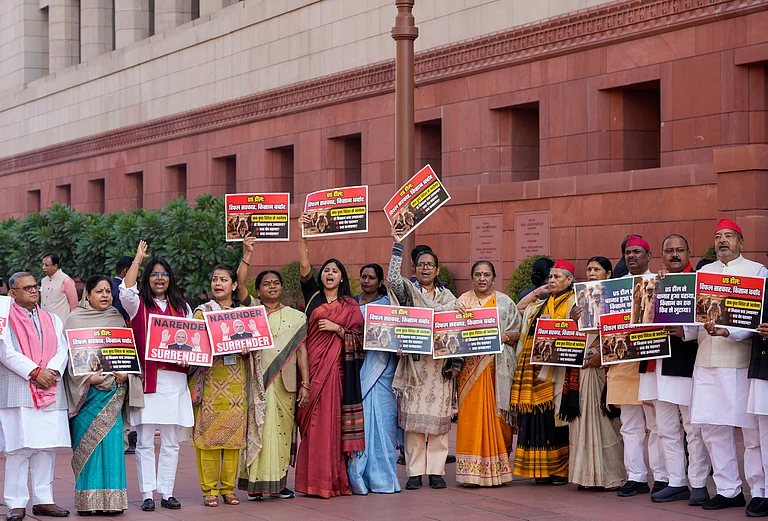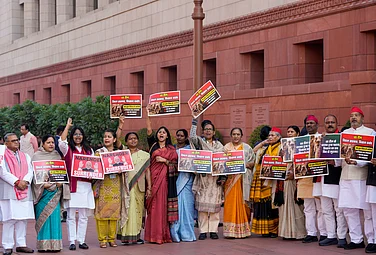The Punjab government of Pakistan made a significant announcement on Thursday, declaring that the trial of individuals involved in the attacks on military and state buildings will be conducted on a daily basis within the confines of jail. The government unequivocally ruled out any leniency for the culprits responsible for these heinous crimes.
Last month, the federal cabinet approved the decision to subject the perpetrators of the May 9 attacks, commonly referred to as the "Black Day," on military installations to the stringent Army Act. This move followed the arrest of former Prime Minister Imran Khan.
Punjab's caretaker Chief Minister, Mohsin Naqvi, stated, "The trial of the arrested suspects of May 9 violence will be held in jail on a daily basis under the Anti-Terrorism Act." He further informed the relevant departments about the trial proceedings taking place within the prison walls.
Expressing a strong commitment to expedite legal action against the culprits involved in the May 9 attacks, Naqvi directed the police and prosecution departments to present robust evidence against the accused. He emphasized the importance of not showing any leniency to the criminals and urged intensified efforts to apprehend the absconding suspects.
Following the May 9 riots, the Punjab government claimed to have arrested over 3,000 leaders and workers of the Pakistan Tehreek-e-Insaf (PTI) party. Out of this number, 1,400 suspects have been released due to insufficient evidence.
The unrest in Pakistan erupted last month following the arrest of PTI chief Imran Khan on corruption charges. Violent protests by PTI workers resulted in the damage or torching of over 20 military installations and government buildings, including the military headquarters in Rawalpindi. Law enforcement agencies reportedly arrested over 10,000 workers across Pakistan, with a significant portion hailing from Punjab.
In the aftermath of the crackdown, more than 100 prominent PTI leaders and former lawmakers defected and joined the "king's party" Istekham Pakistan Party (IPP), led by another PTI deserter, Jahangir Khan Tareen. Despite these developments, Imran Khan expressed his unwavering determination to continue fighting for his cause.
The PTI chairman took to Twitter to condemn the prevailing lawlessness in Pakistan, particularly highlighting the harsh treatment of individuals, including his sister's cook, who ended up on a ventilator after being mistreated and jailed.
In response to concerns, Federal Law Minister Azam Nazeer clarified that no case involving women implicated in the May 9 violence had been referred to the military courts thus far.
Amnesty International expressed its apprehension regarding the trial of civilians in military courts, contending that such proceedings contravene international human rights law and violate the right to a fair trial guaranteed under Article 14 of the International Covenant on Civil and Political Rights (ICCPR).
Pakistan, as a signatory to the ICCPR since 2010, is obliged to adhere to these international obligations, with Amnesty International underscoring the non-derogable nature of the fundamental principles of a fair trial as affirmed by the UN Human Rights Committee in its General Comment on Article 14 of the ICCPR.

























